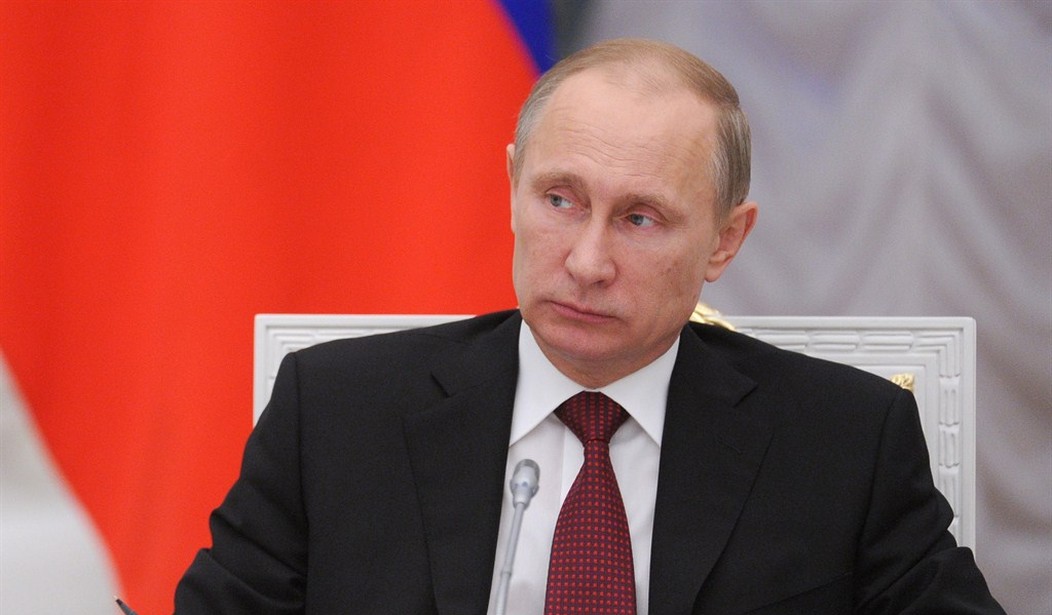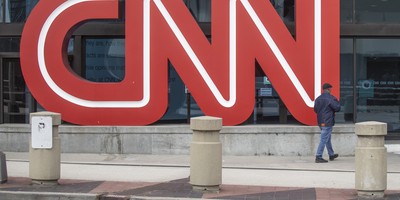The course of freedom and democracy in the world is an evolutionary process, though sometimes it proceeds in the wrong direction. Wines have good years and bad years. If 2013 were a wine, you'd use it to kill weeds.
Mohamed Morsi began the year as the first democratically elected president of Egypt. He ended it in a jail cell facing charges of treason, having been evicted in a military coup just 12 months after being inaugurated. When his supporters massed in protests following his overthrow, security forces killed nearly 1,000 of them.
Elsewhere in the region, the Arab Spring was a fading memory. Syria's Bashar al-Assad, one of the dictators who survived it, used poison gas against rebels before accepting international demands to give up his chemical arsenal. Chaos and terrorism were so prevalent in Libya that the prime minister was kidnapped by one militia and then freed by other militias.
Tunisia, where the democracy movement began, was characterized in Foreign Policy magazine as "the one place the Arab Spring hasn't gone to hell." Even there, unrest and division threatened disaster, which was averted when opposing parties agreed to establish a caretaker government until new elections next year.
South Africa's Nelson Mandela died a few months before the 20th anniversary of his country's rebirth as a multi-racial democracy. Back then, Mandela recalled later, "South Africans from every sector had reached out across the divisions of centuries, and averted a blood-bath which most observers believed inevitable, so much so that our smooth transition was hailed widely as a miracle."
Recommended
The opposite of a miracle was on display in Zimbabwe, also once ruled by a white minority. President Robert Mugabe, who has ruled since 1980, prevailed in yet another fraudulent election and invited his opponents to "commit suicide if they wish. Even if they die, dogs will not sniff their carcasses."
Uhuru Kenyatta was elected president of Kenya while under indictment by the International Criminal Court for crimes against humanity. Ghana conducted its sixth consecutive peaceful election over two decades.
Across the continent, The Economist noted, "a remarkable change is taking place. The default means of allocating power in Africa now is to hold elections, and elections are generally becoming fairer."
The same doesn't hold in Russia, where Vladimir Putin regained the presidency he vacated in 2008. Human Rights Watch accused him of creating the worst human rights climate since the demise of the Soviet Union. Ukrainians massed in the streets for weeks demanding the resignation of President Viktor Yanukovich after he agreed to closer ties with Russia.
Last week, Putin tried to buff his image before the Winter Olympics in Sochi by announcing he would pardon members of the band Pussy Riot, 30 Greenpeace activists and his most prominent political prisoner, Mikhail Khodorkovsky.
Hundreds of Chinese were arrested for "rumor-mongering" online after President Xi Jinping urged Communist party officials to "seize the ground of new media." But the regime said it would relax its one-child policy and abolish its labor camps, where dissidents and other troublemakers are sent for "re-education."
Myanmar's President U Thein Sein admitted holding political prisoners and has come close to keeping his vow to release them all by year's end. In Thailand, critics rejected Prime Minister Yingluck Shinawatra's call for new elections. Demonstrators at Bangkok's Democracy Monument were in the incongruous position of requesting the formation of a government not chosen by the people.
The chief human rights official at the United Nations said North Korea's human rights violations have "no parallel anywhere in the world." The International Criminal Court faulted Afghan President Hamid Karzai for failing to act against "crimes against humanity (that) were and continue to be committed in Afghanistan." Asif Ali Zardari became the first elected president of Pakistan ever to serve out a full term.
Venezuelan strongman Hugo Chavez died, leaving a regime that Human Rights Watch concluded had "free rein to intimidate, censor and prosecute Venezuelans who criticized the president or thwarted his political agenda."
Brazilian President Dilma Rousseff went to the UN to excoriate the U.S. National Security Agency for spying on her people. "The right to safety of citizens of one country," she declared, "can never be guaranteed by violating fundamental human rights of citizens of another country."
She might have added that violating the rights of one's own citizens is also a bad idea. But, judging from this year, it's a bad idea whose time has not yet passed.

























Join the conversation as a VIP Member